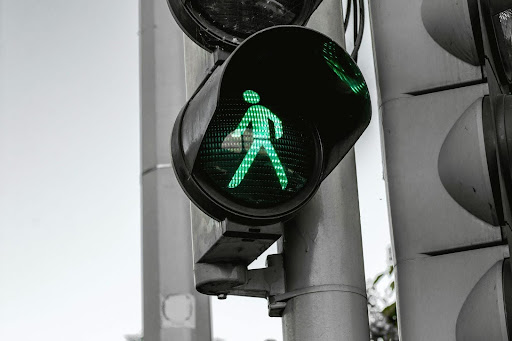Nestled amidst the picturesque cliffs and sandy shores, Palisades, California, offers more than just scenic beauty. As a community that embraces health, wellness and the spirit of family, residents here are deeply connected to their surroundings and their loved ones. But even in such idyllic settings, life’s trials and tribulations can often go unnoticed, especially in our teenagers. As they navigate the challenges of adolescence, many health disorders can sneak in, masking themselves as typical teenage behaviors. As parents and guardians, our primary responsibility is to notice these subtle changes and provide the necessary support. This guide is designed to help you do just that, offering innovative insights and guidance far removed from the cliché advice columns.
Beyond Mood Swings – Spotting The Unspoken Signs
Teenagers are synonymous with mood swings, right? Well, while mood swings can be a part of their growing-up phase, consistent and dramatic changes in mood could indicate underlying health disorders. It’s essential to differentiate between the two. For instance, if your teen consistently shows disinterest in activities they once loved or they have a notable change in appetite and sleep patterns, these could be early signs of depression. Similarly, excessive fear or anxiety about specific situations may indicate anxiety disorders.
Addressing Emotional Turmoil Through Holistic Practices
Emotional upheavals are a given in the teenage years. But when these emotions become overbearing and interfere with daily life, holistic practices for mental health can be a game-changer. Introduce your teen to mindfulness exercises or meditative practices. These methods can act as grounding techniques, helping them find balance in tumultuous times. Furthermore, yoga and Tai Chi can be beneficial for mental and physical well-being, allowing teenagers to channel their energy positively.
Navigating the Digital Age
Our teenagers are digital natives. They’ve grown up in an age where their worth is often tied to their digital persona. The pressure to present a perfect life on social media can lead to mental health issues, including body dysmorphia and severe anxiety. Encourage digital detox days, where they spend time offline, reconnecting with nature or diving into hobbies. Open dialogue about the unreality of social media can also ease the pressures they feel.
Addressing Substance Abuse – The Lifeline They Might Need
Arguably, one of the most pressing concerns of today’s parents is substance abuse. In a world where experimentation seems normalized, it’s vital to keep open lines of communication. Understand that many teenagers try substances out of curiosity, peer pressure, or to self-medicate underlying issues. Knowledge is power. Educate them about the real consequences of drug use, both immediate and long-term. Build trust, so they come to you with their concerns rather than hiding them.
Just two hours away are some of the best rehabs in the state. A drug rehab in Orange County could be your child’s best chance at lifetime sobriety. These institutions offer comprehensive care, focusing on healing the individual as a whole rather than just treating the addiction. Knowing there’s expert help close by can be a source of solace for many parents.
Breaking the Stigma – Discussing Mental Health
It’s imperative to normalize mental health discussions at home. Your teenager needs to know that it’s okay to seek help and there’s no shame in feeling overwhelmed. Mental health should be treated with the same urgency as physical health. Invite therapists or counselors to community gatherings, making mental health discussions a community effort.
Hidden Scars – Recognizing and Addressing Self-Harm
The act of self-harming in teens is a silent cry for help. It’s a coping mechanism for some, a way to deal with intense emotional pain. Parents must be vigilant, observing if their child wears long sleeves consistently, even in warm weather, or if they notice any unexplained marks or scars. It’s crucial to approach this topic with sensitivity. Punishment or anger can push them further into the abyss. Instead, seek professional help and support them through their healing journey.
Teenage years are a complex mix of growth, discovery, and challenges. In beautiful places like Palisades, it’s easy to forget that our children might be silently struggling. By staying vigilant, keeping communication lines open, and providing the necessary support, we can ensure our teens transition into healthy, happy adults. Remember, noticing is just the first step; acting proactively can make all the difference.
























